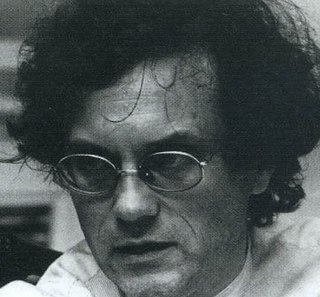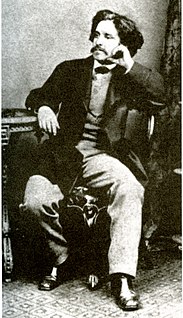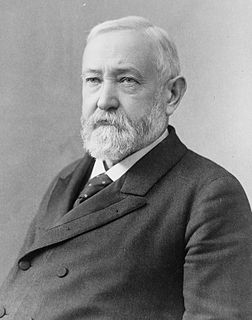A Quote by Joseph A. Schumpeter
The capitalist engine is first and last an engine of mass production which unavoidably also means production for the masses. . . . It is the cheap cloth, the cheap cotton and rayon fabric, boots, motorcars and so on that are the typical achievements of capitalist production, and not as a rule improvements that would mean much to the rich man. Queen Elizabeth owned silk stockings. The capitalist achievement does not typically consist in providing more silk stockings for queens but in bringing them within reach of factory girls.
Quote Topics
Achievement
Achievements
Also
Boots
Bringing
Capitalist
Cheap
Cloth
Consist
Cotton
Does
Elizabeth
Engine
Fabric
Factory
First
Last
Man
Mass
Mass Production
Masses
Mean
Means
More
Much
Owned
Production
Providing
Queen
Queen Elizabeth
Queens
Reach
Rich
Rich Man
Rule
Silk
Stockings
Them
Typical
Which
Within
Within Reach
Would
Related Quotes
The monopoly of capital becomes a fetter upon the mode of production, which has sprung up and flourished along with, and under it. Centralisation of the means of production and socialisation of labour at last reach a point where they become incompatible with there capitalist integument. This integument is burst asunder. The knell of capitalist private property sounds. The expropriators are expropriated.
Production for the sake of production - the obsession with the rate of growth, whether in the capitalist market or in planned economies - leads to monstrous absurdities. The only acceptable finality of human activity is the production of a subjectivity that is auto-enriching its relation to the world in a continuous fashion.
Production for sale in a market in which the object is to realize the maximum profit is the essential feature of a capitalist world-economy. In such a system production is constantly expanded as long as further production is profitable, and men constantly innovate new ways of producing things that will expand the profit margin.
Confronted with this double madness of the labourers killing themselves with over-production and vegetating in abstinence, the great problem of capitalist production is no longer to find producers and to multiply their powers but to discover consumers, to excite their appetites and create in them fictitious needs.
The way we get past capitalism is by building on the healthy non-capitalist aspects of our world while we also do pitched battle with the capitalist ones that we have a fair chance of winning against. In that way we build a better world and shrink the destructive capitalist practices that are part of the social fabric.
No matter whether it is their intention or not, almost anything that the rich can legally do tends to help the poor. The spending of the rich gives employment to the poor. But the saving of the rich, and their investment of these savings in the means of production, gives just as much employment, and in addition makes that employment constantly more productive and more highly paid, while it also constantly increases and cheapens the production of necessities and amenities for the masses.
I cannot always sympathize with that demand which we hear so frequently for cheap things. Things may be too cheap. They are too cheap when the man or woman who produces them upon the farm or the man or woman who produces them in the factory does not get out of them living wages with a margin for old age and for a dowry for the incidents that are to follow. I pity the man who wants a coat so cheap that the man or woman who produces the cloth or shapes it into a garment will starve in the process.
Competition always tends to bring about the most economical and efficient method of production. Those who are most successful in this competition will acquire more capital to increase their production still further; those who are least successful will be forced out of the field. So capitalist production tends constantly to be drawn into the hands of the most efficient.































